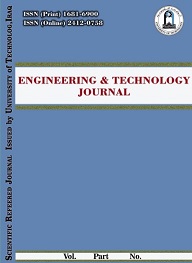Abstract
In modern networking, ensuring both Quality of Experience (QoE) and Quality of Service (QoS) is paramount due to the increasing demand for efficient, reliable, and high-performance networks. With the surge in data traffic, traditional network management techniques often struggle to maintain optimal service levels, particularly in addressing challenges such as packet loss, excessive delay, and jitter. This paper presents an approach that integrates an Artificial Neural Network (ANN) into a multi-level queuing system, combined with Weighted Round Robin (WRR) scheduling, to address these persistent issues effectively. The key innovation lies in the dynamic and intelligent adaptation of network resource allocation based on real-time traffic conditions, which significantly outperforms static management methods. The proposed solution optimizes performance across various types of network traffic, enabling efficient handling of voice, video, and other data packets. This enhancement results in measurable improvements in both QoE and QoS, establishing the approach as an invaluable tool for network operators and service providers striving to meet the growing demands of today’s dynamic network environments. The system offers an adaptable and forward-looking solution for next-generation networks. Its effectiveness is demonstrated through a substantial reduction in average delay to 10.842 ms, jitter to 0.031 ms, and packet loss to 0–1%.
